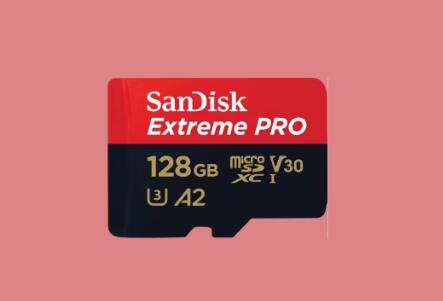Reformatting an SD card is a common task that can be necessary for a variety of reasons, including preparing the card for a different device, fixing corruption issues, or erasing all data. While the actual process can take just a few minutes, understanding the entire scope of reformatting—including preparation, potential complications, and optimal practices—can greatly enhance your experience and ensure data integrity.
Panda Assistant
If you need to recover videos, files, formatting, please download our Panda Assistant. Thank you very much. It can be tried for free and is safe and effective, protecting users’ personal privacy. It is suitable for data recovery on various hardware, USB drives, hard drives, SD cards, etc.
1. Basics of SD Cards
1.1 What is an SD Card?
Secure Digital (SD) cards are portable storage devices used in a variety of electronics, such as cameras, smartphones, and tablets. They come in different capacities (SD, SDHC, SDXC) and speeds (Class 2. 4. 6. 10. UHS), affecting how quickly data can be read and written.

1.2 Reasons to Reformat an SD Card
Corrupted Files: Sometimes files can become corrupted, and reformatting can fix these issues.
Changing File Systems: If you need to switch from FAT32 to exFAT (or vice versa) for compatibility with specific devices.
Erasing Data: To securely erase data before selling or giving away the card.
2. Preparing for Reformatting
2.1 Backup Your Data
Before reformatting, always back up your data. Once formatted, recovering lost files can be difficult or impossible.
2.2 Choosing the Right File System
Different devices require different file systems:
FAT32: Compatible with most devices, but limited to files under 4GB.
exFAT: Better for larger files and modern devices.
NTFS: Typically used for Windows operating systems, but not all devices support it.
3. How Long Does It Take?
3.1 General Timeframe
Quick Format: Typically takes 1-5 minutes.
Full Format: May take anywhere from 5 to 30 minutes, depending on the card’s size and speed.
3.2 Factors Affecting Duration
Card Capacity: Larger cards (64GB, 128GB, or more) generally take longer to format.
Device Speed: The speed of the computer or device doing the formatting can impact the duration.
Type of Format: A full format (which checks for bad sectors) takes longer than a quick format (which only removes the file table).
4. Formatting Methods
4.1 Using a Computer
Windows:
Insert the SD card.
Open ‘This PC’ or ‘My Computer.’
Right-click on the SD card and select ‘Format.’
Choose the file system and click ‘Start.’
Time: 1-5 minutes for quick format; longer for full format.
Mac:
Open ‘Disk Utility.’
Select the SD card from the list.
Click on ‘Erase’ and choose the format.
Time: Similar to Windows.
4.2 Using a Camera or Device
Insert the SD card into the device.
Navigate to the settings menu.
Find the format option and confirm.
Time: Generally quick, 1-3 minutes.
5. Potential Issues and Solutions
5.1 Errors During Formatting
Write Protection: Ensure the card is not locked.
Corrupted Card: If the card is severely corrupted, consider using recovery software before formatting.
5.2 Post-Format Issues
Data Recovery: If you accidentally format the wrong card, recovery software may help, but the success rate diminishes with further use.
6. Best Practices
Regular Backups: Keep backups of important data to avoid loss.
Safe Ejection: Always safely eject the SD card from devices to prevent corruption.
Use Quality Cards: Invest in high-quality SD cards to reduce the likelihood of issues.
About us and this blog
Panda Assistant is built on the latest data recovery algorithms, ensuring that no file is too damaged, too lost, or too corrupted to be recovered.
Request a free quote
We believe that data recovery shouldn’t be a daunting task. That’s why we’ve designed Panda Assistant to be as easy to use as it is powerful. With a few clicks, you can initiate a scan, preview recoverable files, and restore your data all within a matter of minutes.
Subscribe to our newsletter!
More from our blog
See all postsRecent Posts
- Dell backup and recovery windows 11 2025-04-21
- Dell os recovery tool keeps crashing 2025-04-21
- Raw hdd data recovery 2025-04-21

 Try lt Free
Try lt Free Recovery success rate of up to
Recovery success rate of up to









